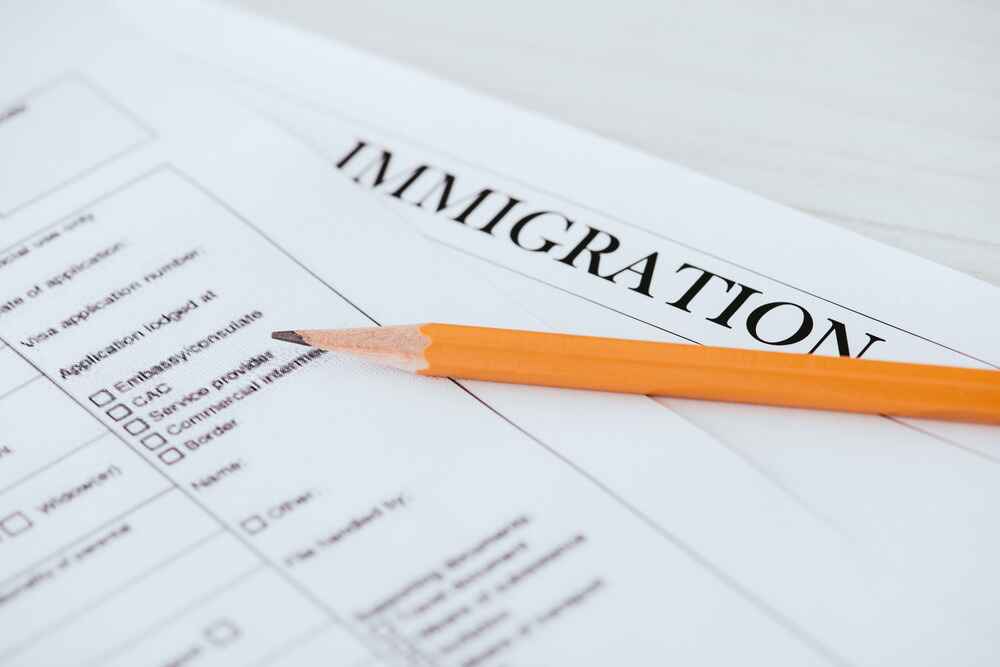Deportation has a devastating impact on the lives of children and their mental health. Having a parent or caregiver deported can lead to discrimination, poverty, fear, health issues and lower school performance. Between 2009 and 2013, over 5.3 million children in the U.S. had at least one undocumented parent, even if over 80% of them – 4.24 million, where born in the United States.
Our deportation defense law firm in Atlanta, Georgia is here to provide legal assistance to immigrants and their families. Contact us today for answers to all of your sensitive immigration questions.
Undocumented children have to deal with the fear of deportation and detention, isolation from their peers, the struggle to pursue an education and more often than not, the trauma of separation from their family. Studies have shown that child development is heavily influenced by the stress levels a child is exposed to. The effects of stress caused by potential deportation can result in long-lasting damage and lifelong repercussions.
The effects on children living with fear can include:
- Poor concentration in class
- Academic difficulty
- Difficulty forming relationships
- Distrust of authority figures
- Withdrawal from society
- Feelings of isolation
- Disrupted sleeping or eating patterns
- Anger & depression
When their parents or caregivers are deported, children may face health and social challenges that can include lack of access to health care, lack of access to benefit programs, housing instability, economic hardship, poorer mental health, lack of transportation and lower school performance.
Economic Hardship
With many undocumented families living from paycheck to paycheck, the loss of an income source due to detention can be devastating for their household finances. The lack of prior work experience and not having their names on essential bills makes it difficult for undocumented families to be able to provide food and essentials for their children. Legal fees and bonds are also a deep financial concern for families.
Housing Instability & Separation
Housing instability is another stress factor for children, because undocumented families are often faced with homelessness in the event of detention. The hardships associated with detention of a family member have a detrimental effect on a child’s health, social capacity and their development. On top of that, shelters don’t generally accept families so children are faced with the prospect of separation as well.
Poor Mental Health
There are many issues including behavioral, physical and mental conditions that affect children after their parents were detained or deported. Children will also get depressed and their physical health will start to deteriorate due to the situation. Some children may exhibit self-destructive mechanisms or loss of interest in daily activities and socializing.
Lack of Access to Health Care
Undocumented families in the U.S. face many challenges when accessing health care, since many are not eligible for Medicaid. Immigrant families are also fearful of applying for public health services due to their undocumented status. Some states offer low cost clinics that provide free public health services but these do not provide comprehensive health care.
Transportation & Mobility
The lack of public transportation, lack of driver’s licenses and the constant fear of being pulled over by the authorities is a major barrier for undocumented families to access health and social services. Immigrant families are also fearful of dropping off their children at school or picking them up after class.
School Performance
The school performance of children is closely related to their experiences. Studies have shown that students with detained or deported parents become disengaged from academics, as well as social relationships with their peers. Long term goals such as college enrollment quickly become unavailable for students, mostly due to a lack of money for tuition. Deportation also correlates to a higher drop-out rate, since potential students are left to care for younger siblings or have to gain employment to support their families.
Lack of Access to Benefit Programs
Children or family members of detainees or deportees are not always able to receive public benefits from major programs such as Medicaid, the Children’s Health Insurance Program, the Supplemental Nutrition Assistance Program or Temporary Assistance for Needy Families.
Deportation Defense Lawyers in Atlanta, Georgia
No child should face the prospect of deportation – we are here to help! Contact BCA Law Firm today & and get in touch with one of our award-winning deportation lawyers.



